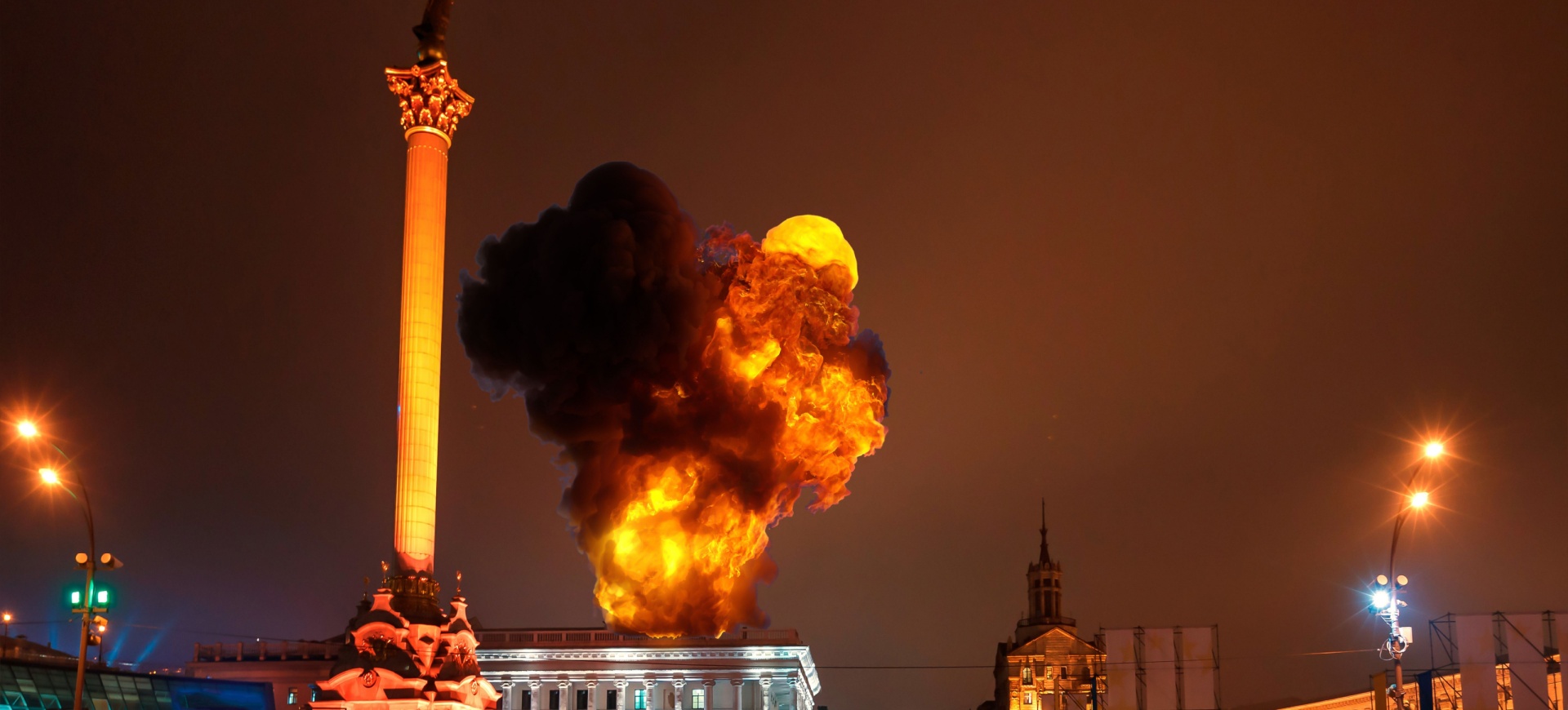Standing together in a more dangerous world
The G7 Apulia Summit and the NATO Washington Summit are opportunities to demonstrate our steadfast – and shared – commitment to democracy at a time when we face greater security threats than we have for generations
For 75 years, the North Atlantic Treaty Organization has ensured the security of Europe. Over the past decade, NATO has undertaken a profound transformation, and has become stronger and more united along the way. But today, we face greater security threats than we have for generations. It is vital that countries that share the same values – a commitment to freedom, democracy and the rule of law – work together to maintain the international rules-based system that has ensured peace and prosperity for billions of people for so many decades.
NATO is a regional alliance but we face global challenges, including increasing competition from authoritarian states, such as Russia and China. China does not share our values. It challenges our interests, and Beijing is increasingly aligned with Moscow. We must manage the risks and prepare for enduring competition. At the same time, we must face the ongoing threats of terrorism, cyberattacks and climate change.
If we are to maintain our security, protect democracy and maintain a global system based on rules and international law, it is essential that NATO works with like-minded partners around the world, including the G7. And that is precisely what we are doing.
Tackling disinformation
NATO cooperates with the G7’s Rapid Response Mechanism to tackle disinformation that is intended to undermine democracy, create divisions and weaken our security. We continue to work closely with the European Union on a wide range of security issues. We are deepening cooperation with our partners in the Indo-Pacific – Australia, Japan, New Zealand and Korea. All the while we continue to work to strengthen NATO’s partnerships in our southern neighbourhood.
Currently, the most immediate threat is Russian president Vladimir Putin’s war of aggression against Ukraine. Allies and partners around the world have provided tens of billions of dollars in military, financial and humanitarian assistance to support Ukraine’s right to exist as an independent, sovereign country. The results have been extraordinary.
President Putin assumed his forces could take Kyiv in a matter of days and that Ukraine would fall in a matter of weeks. He was wrong. Instead, with our support, Ukraine continues to fight bravely and with extraordinary professionalism. It has retaken half the territory captured by Russia in 2022, inflicted heavy losses against the Russian military and pushed Russia’s navy back in the Black Sea. Ukraine’s success in the Black Sea has neutralised Russia’s attempt to block grain shipments from reaching the world. Today, these vital Ukrainian grain exports have returned to near pre-war levels, feeding millions of people.
The situation on the battlefield is difficult. But this only makes it more important that we maintain and increase our support for Ukraine. This is the only way to achieve a just and lasting peace. This is not only a moral obligation; it is in our own interest. If President Putin wins in Ukraine, his victory would send a powerful message to authoritarian leaders around the world that war and violence are effective ways of achieving political objectives. We cannot allow that to happen.
President Putin wanted to destroy Ukraine and divide NATO, but he failed. NATO is supporting Ukraine’s right to self-defence, enshrined in the UN Charter. This is why we are bringing Ukraine closer than ever to our alliance. At the new NATO-Ukraine Council, we discuss and take decisions on matters of our common security. We have agreed on a comprehensive programme to make Ukraine’s forces fully interoperable with NATO. We have also made it easier
for Ukraine to one day become a member of our alliance.
Power in numbers
NATO will continue to support Ukraine, but we cannot do this alone. Ensuring success on the pathway to peace requires the support of the entire global community. The G7 members, six of which are NATO allies, have provided security commitments – to support Ukraine now and provide assistance in case of future aggression by Russia. G7 members have also taken unprecedented steps to isolate and punish Russia with economic sanctions and the freezing of hundreds of billions of dollars of Russian assets held in their countries. They are committed to supporting Ukraine in holding Russia to account for war crimes and other international crimes committed in and against Ukraine, including murder, widespread sexual violence and the kidnap of thousands of children.
This G7 summit in Apulia and the NATO summit in Washington in July are opportunities to demonstrate our steadfast commitment to democracy, to the rules-based international order and to the future of Ukraine as an independent sovereign country. As always, we are stronger together.












